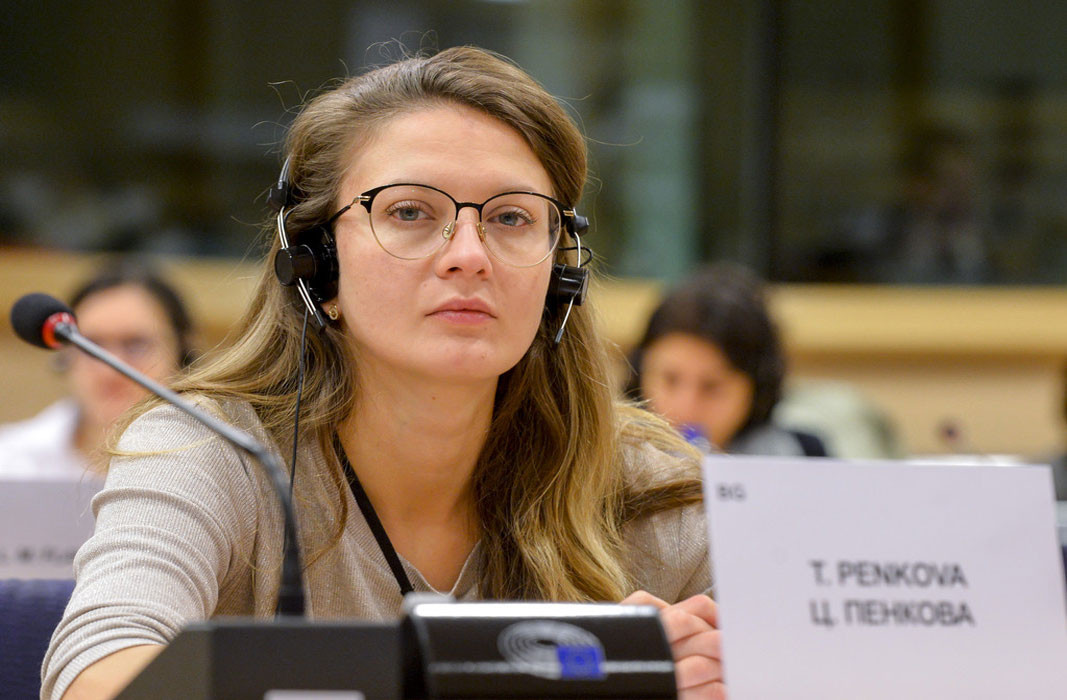New VAT rules for e-commerce will be rolled out across the EU as of July 1 to simplify life for businesses that sell goods online, while ensuring a more level playing field with online companies outside the EU. The rules aim to reduce the administrative burden for businesses that make cross-border online sales through the introduction of a single system for declaration and payment of value added tax called One Stop Shop (OSS).
“Traders will no longer need to register for VAT purposes in the country where they sell the goods to the end user – said MEP Tsvetelina Penkova, member of the Committee of Budgetary Control at the European Parliament. – Goods and services amounting to more than EUR 10,000 can be declared by the traders and the VAT due can be paid in the member state of the purchaser. In contrast to the past, traders will not suffer any administrative burden and will not have to register in the respective member state. As for the sale of goods and services amounting to less than EUR 10,000, the VAT due can be paid in the member state of the trader.”

Moreover, the current VAT exemption for packages entering the European Union with a value not exceeding EUR 22 will be abolished. By eliminating this exemption, European businesses will be able to compete within the level-playing field.
“Meanwhile, the Import One Stop Shop facilitates the collection, declaration and payment of VAT for sellers that are supplying goods from outside the EU. Thus, the amount of VAT, laid down by the national law of the country where the goods are imported, can be paid through this online platform as well.”
The benefits of these new rules are twofold: they improve tax collection and create conditions for greater transparency and building up consumer trust. What must traders do to benefit from the One Stop Shop?
“The system is open for registration since April 1, 2021 and will be active until July 1, – specified MEP Penkova. – All traders who want to benefit from the One Stop Shop must check what documents are needed to register in the system.”
More details on cross-border VAT e-commerce can be found at the European Commission’s web site.
Written for Euranet+ by: Elena Karkalanova
English version: Kostadin Atanasov
Photo: EPOne of the key steps in the expansion of the underground gas storage at Bulgaria's Chiren gas storage facility, the construction of the above-ground infrastructure and the installation of new compressors, has already been completed, Energy Minister..
Transformation – this is the word that most accurately describes the current state of the Bulgarian industry. According to an analysis of sectoral data for the period from 2008 to the beginning of 2024, made by the Institute for..
Tourism is one of the sectors in Bulgaria ready to the greatest extent to smoothly continue working after Bulgaria joins the Еurozone , the executive director of the National Tourism Board, Dr. Polina Karastoyanova, believes. In tourism, and at this..
One of the key steps in the expansion of the underground gas storage at Bulgaria's Chiren gas storage facility, the construction of the above-ground..
Transformation – this is the word that most accurately describes the current state of the Bulgarian industry. According to an analysis..

+359 2 9336 661
